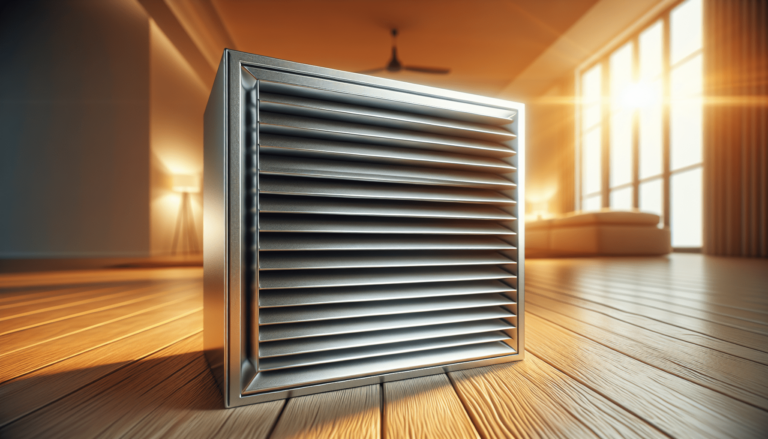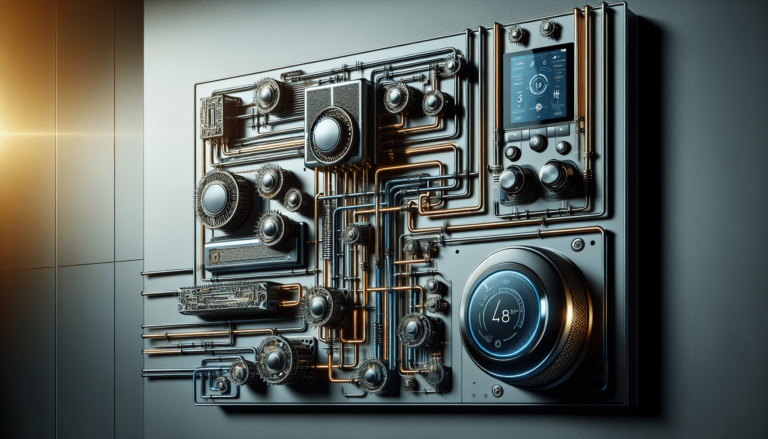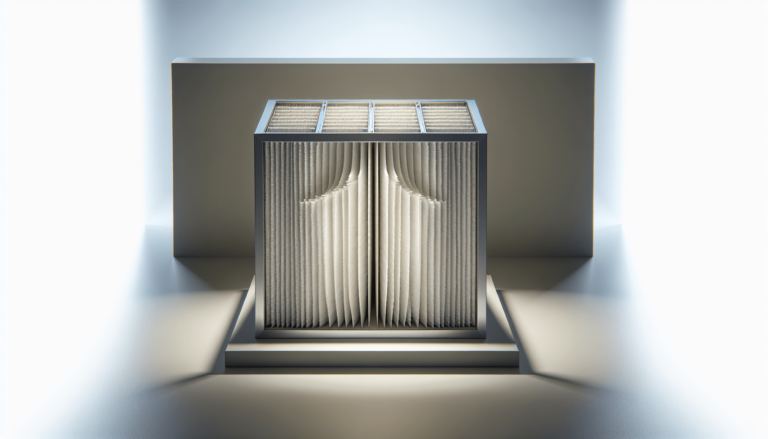

HVAC Services
Get Professional Repairs From The Area's Trusted HVAC Technicians. Ask About Our Services! We Offer Professional Heating & Cooling System Repairs And Guarantee Long-Lasting Results.
Got Question? Call us: (850) 678-2665Financing
Safety Tips for HVAC Systems
Ensure the safety of your HVAC system with these essential tips. From regular maintenance to proper ventilation, discover how to prevent potential hazards.
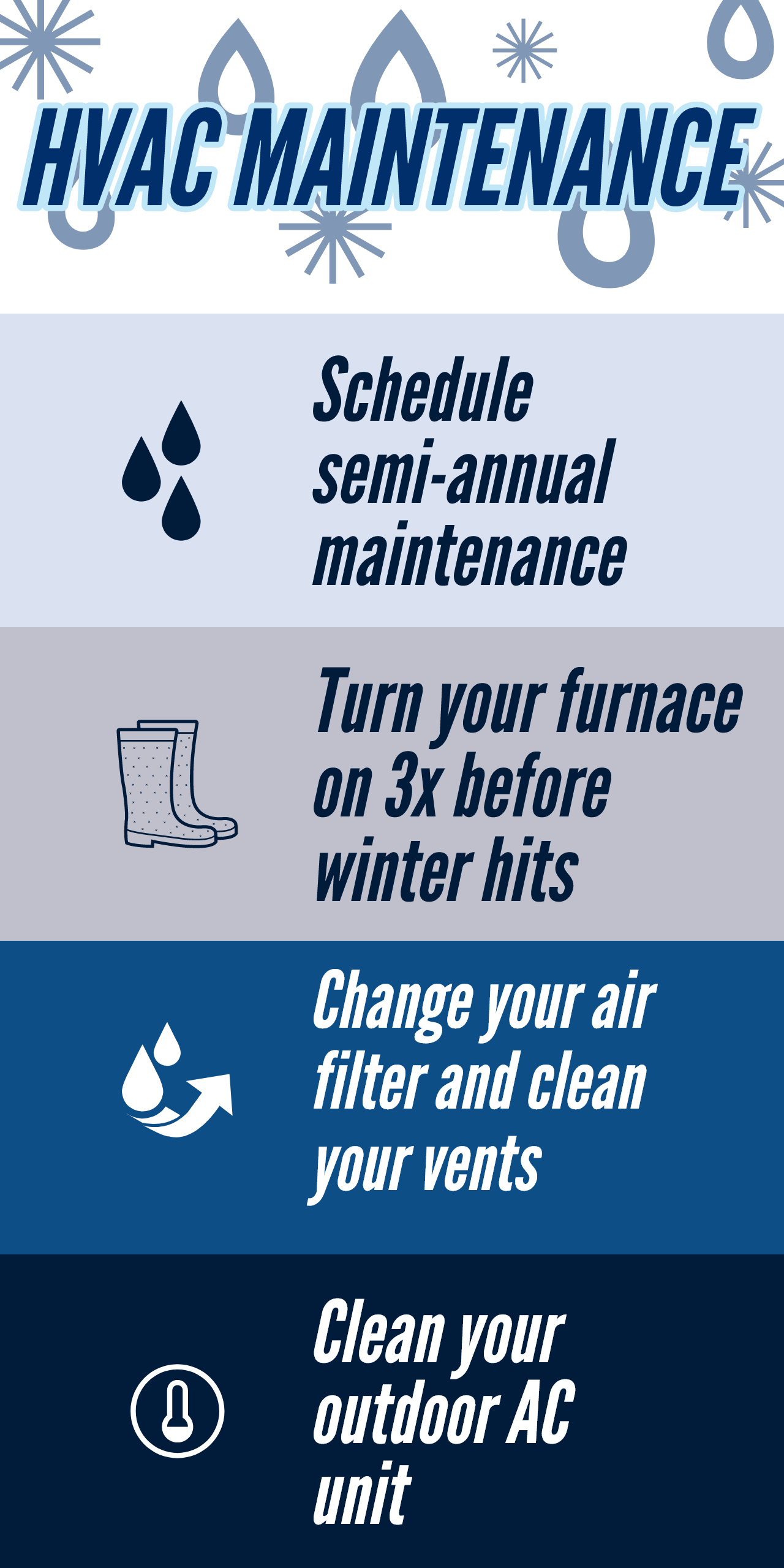
If you want to ensure the safety of your HVAC system, it’s important to keep a few key tips in mind. From regular maintenance to proper ventilation, taking the necessary precautions can go a long way in preventing potential hazards. In this article, we’ll explore some essential safety tips that will help you maintain a safe and functional HVAC system. We’ll also mention Tempacure Heating and Air Conditioning, the go-to source for HVAC service, repair, and maintenance in Niceville FL and the surrounding area. With their expertise and commitment to safety, Tempacure HVAC is the leader in all things HVAC.
Safety and HVAC
When it comes to heating, ventilation, and air conditioning (HVAC) systems, safety should always be a top priority. Your HVAC system plays a crucial role in maintaining a comfortable indoor environment, but it can also pose certain risks if not properly maintained and used. In this article, we will delve into the importance of HVAC system safety and provide you with comprehensive tips and guidelines to ensure the safety of your HVAC system.
Importance of HVAC System Safety
Ensuring the safety of your HVAC system is essential for several reasons. Firstly, a well-maintained and safe HVAC system minimizes the risk of accidents, such as fires or gas leaks, which can have disastrous consequences for your property and the well-being of its inhabitants. Secondly, regular maintenance and safety precautions can help extend the lifespan of your HVAC system, saving you from costly repairs or replacements down the line. Lastly, prioritizing HVAC system safety promotes a healthy indoor environment, as it helps prevent the circulation of harmful substances like carbon monoxide.
Regular Maintenance for Safe HVAC Systems
To keep your HVAC system operating safely and effectively, regular maintenance is key. By following these maintenance tips, you can ensure the safety and longevity of your HVAC system.
Schedule Professional Inspections
Hiring a professional HVAC technician for regular inspections is crucial to identify potential safety hazards and address them proactively. Regular inspections can detect issues with electrical wiring, gas connections, and other components that may compromise your system’s safety. Additionally, a professional can perform routine maintenance tasks, such as cleaning and lubricating moving parts, to keep your HVAC system in top condition.
Clean and Replace Air Filters
Dirty or clogged air filters can impede airflow and strain your HVAC system, potentially leading to overheating or decreased efficiency. Regularly cleaning or replacing air filters, ideally every one to three months, is essential for maintaining proper airflow and ensuring clean indoor air quality. Remember, clean air filters not only enhance HVAC system safety but also contribute to energy savings and optimal performance.
Inspect and Clean Ductwork
Ductwork plays a vital role in delivering conditioned air throughout your home. Over time, dirt, dust, and debris can accumulate in the ducts, hindering airflow and diminishing air quality. Routine inspections and cleaning of ductwork help prevent restricted airflow and reduce the risk of pollutants being released into your living space. Consider hiring a professional duct cleaning service to ensure thorough cleaning and to address any potential issues that may affect your HVAC system’s safety and efficiency.
Check for Gas Leaks
Gas leaks can be extremely dangerous and pose a significant threat to both property and human life. Regularly inspecting your HVAC system for gas leaks is crucial, especially if you have a gas furnace or boiler. Look for any signs of gas odor or hissing sounds near gas lines and connections. If you suspect a gas leak, it is essential to immediately evacuate the premises and contact the local gas utility or emergency services. Gas leaks should be addressed by experienced professionals to ensure the safety of your HVAC system and those in your home.
Test Carbon Monoxide Detectors
Carbon monoxide (CO) is a colorless and odorless gas that can be produced by malfunctioning furnaces, water heaters, or any fuel-burning appliance. Since CO is virtually undetectable without proper equipment, installing carbon monoxide detectors is a critical safety measure. Test your CO detectors regularly to ensure they are functioning correctly. If the alarms are triggered, evacuate your home immediately and contact emergency services. Proper maintenance of your HVAC system, including regular inspections and ensuring proper ventilation, can help prevent the formation and accumulation of carbon monoxide.

This image is property of assets.searshomeservices.com.
Electrical Safety Precautions
Electrical components are integral to the operation of HVAC systems, and proper safety precautions should be taken when dealing with them.
Turn off Power Before Maintenance
Before performing any maintenance tasks on your HVAC system, it is essential to turn off the power. Doing so prevents electrical shocks or short circuits. Locate the main electrical panel and switch off the circuit breaker or remove the fuse that controls the power supply to your HVAC system. Always confirm that the power is off by using a voltage tester before proceeding with any maintenance or repair work.
Avoid Overloading Circuits
Overloading electrical circuits can result in overheating, electrical fires, or damage to your HVAC system. Spread out the use of electrical devices and appliances across different circuits to prevent overloading. If you frequently experience tripped circuit breakers or blown fuses, it may indicate that you need to redistribute your electrical load or hire an electrician to assess your electrical system’s capacity and make necessary upgrades.
Check and Replace Faulty Wiring
Wiring issues can be hazardous and cause electrical malfunctions or even fires. Regularly inspect the wiring connected to your HVAC system for signs of wear, damage, or loose connections. If you notice any issues, such as frayed wires or exposed copper, it is crucial to have them repaired or replaced promptly by a licensed electrician. Faulty wiring can affect the safety and performance of your HVAC system, so addressing any potential hazards is crucial.
Use Surge Protectors
Power surges, which occur when there are sudden increases in electrical voltage, can damage sensitive electronic components in your HVAC system. Protect your system by using surge protectors or installing whole-house surge protection. These devices help to regulate voltage levels, safeguarding your HVAC system from sudden electrical surges and potential damage. Be sure to replace surge protectors according to the manufacturer’s recommendations, as they have a limited lifespan.
Preventing Fire Hazards
Fire hazards associated with HVAC systems can have devastating consequences. Implementing these safety measures can minimize the risk of fires and protect your property and loved ones.
Keep Flammable Materials Away
Flammable materials, such as paper, fabric, or chemicals, should be kept away from your HVAC system. Ensure that there is clear space around the unit, both inside and outside your home, to prevent accidental ignition. Avoid using the area near your HVAC system as storage space for combustible items, and regularly inspect the surrounding area for any potential fire hazards.
Regularly Clean and Inspect Furnaces
Furnaces require regular cleaning and inspection to ensure their safe operation. Dust and debris can accumulate on the burners, heat exchanger, and other components, increasing the risk of fires. Schedule annual maintenance visits with a professional HVAC technician to clean and inspect your furnace thoroughly. They can identify any issues, such as cracked heat exchangers or faulty ignition systems, which can potentially lead to fires.
Ensure Proper Ventilation
Proper ventilation is crucial to prevent the buildup of potentially hazardous gases and prevent fires. Blocked or obstructed vents can lead to overheating and increase the risk of fires. Regularly inspect and clean vents and ensure that they are free from any obstructions, such as debris or birds’ nests. Adequate ventilation not only helps maintain the safety of your HVAC system but also contributes to its efficiency and performance.
Avoid Overheating
Overheating is a significant fire hazard that can result from various factors, such as restricted airflow or malfunctioning components. Ensure that your HVAC system is not overworked by regularly cleaning or replacing air filters, maintaining proper ventilation, and scheduling professional maintenance visits. Additionally, make sure that all system components, such as motors or fans, are in good working condition. Overheating can lead to system failures or fires, so it is crucial to address any signs of overheating promptly.
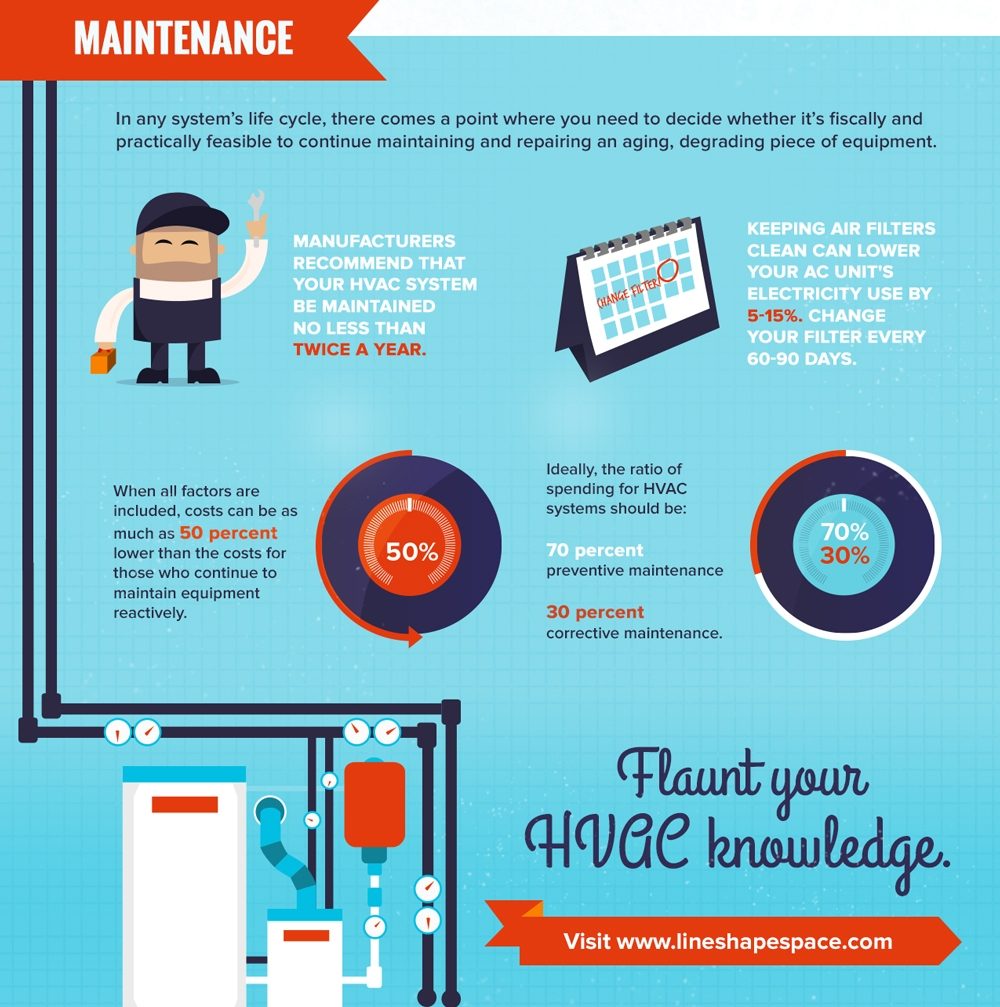
This image is property of www.legacyheating.ca.
Avoiding Gas Leaks and Carbon Monoxide Poisoning
Gas leaks and carbon monoxide poisoning are serious safety concerns related to HVAC systems. Taking the necessary precautions helps protect against these hazards.
Install CO Detectors
Carbon monoxide detectors are vital devices that can detect the presence of this deadly gas in your home. Install carbon monoxide detectors in the vicinity of bedrooms and on every level of your home. Test them regularly to ensure they are functioning correctly and replace the batteries according to the manufacturer’s recommendations. Carbon monoxide detectors provide an early warning system, allowing you to evacuate your home and seek assistance in case of a CO leak.
Maintain Proper Ventilation
Proper ventilation is crucial in preventing the accumulation of carbon monoxide. Ensure that your HVAC system, especially fuel-burning appliances like furnaces or water heaters, is properly ventilated. Blocked vents or flues can cause carbon monoxide to back up into your home. Clear any obstructions and schedule regular inspections to ensure that ventilation systems are functioning correctly.
Check and Maintain Gas Connections
Regularly inspect gas connections to ensure that they are secure and leak-free. If you smell gas or suspect a gas leak, promptly evacuate your home and contact the local gas utility or emergency services. Do not attempt to fix gas leaks on your own. Licensed professionals should handle gas-related repairs and installations to guarantee the safety of your HVAC system and your home.
Be Cautious with Gas Appliances
When using gas appliances, exercise caution to prevent accidents and gas leaks. Follow the manufacturer’s instructions for installation, operation, and maintenance. Do not use gas appliances for purposes other than their intended use, as it can lead to malfunctioning or dangerous situations. Regularly inspect gas appliances for any signs of leaks, unusual odors, or unusual noises. If you experience any of these signs, contact a professional HVAC technician to assess and address the issue promptly.
Safe Practices for HVAC Maintenance
While performing HVAC maintenance, it is essential to prioritize your safety and take necessary precautions.
Wear Protective Gear
When conducting maintenance tasks, wear appropriate protective gear, such as gloves, safety glasses, and respiratory masks. This gear helps safeguard you from potential hazards, such as sharp edges, electrical shocks, or exposure to harmful substances. Follow safety guidelines and recommendations provided by the manufacturer and use any specific protective equipment recommended for the task at hand.
Follow Manufacturer Instructions
Manufacturers provide specific instructions for the maintenance and operation of HVAC systems. Read and follow these instructions carefully to ensure that you are performing the maintenance tasks correctly and safely. Failure to adhere to manufacturer guidelines may void warranties and compromise the safety and performance of your HVAC system. When in doubt, consult a professional HVAC technician to ensure proper maintenance practices.
Use Caution with Flammable Cleaning Agents
If you are using cleaning agents during HVAC maintenance, exercise caution when handling flammable substances. Ensure proper ventilation during cleaning operations to prevent the buildup of vapors. Store cleaning agents in designated areas away from heat sources or open flames. Follow the manufacturer’s instructions for using and disposing of cleaning agents safely.
Keep Children and Pets Away
During HVAC maintenance tasks, it is crucial to keep children and pets away from the work area. Many maintenance activities involve tools, chemicals, or moving parts that can pose risks to curious individuals. Create a safe barrier or designate a separate area to ensure that children and pets are not exposed to any potential dangers during HVAC maintenance.
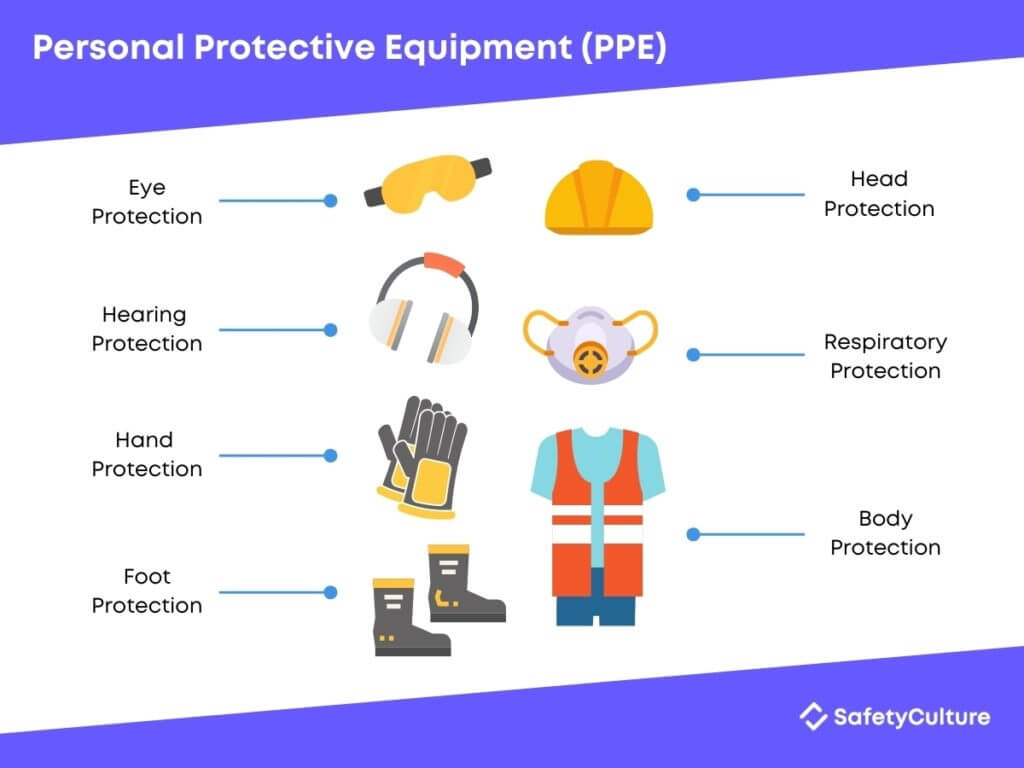
This image is property of www.mingledorffs.com.
Weather-related Safety Considerations
Extreme weather conditions can impact the safety and performance of your HVAC system. Take the following precautions to mitigate weather-related risks.
Protect Outdoor HVAC Units
Outdoor HVAC units are subjected to various weather elements, such as rain, snow, or hail. Protect your unit by installing a cover specifically designed for outdoor HVAC equipment. A cover can shield the unit from debris, minimize exposure to moisture, and help prevent damage from heavy winds or flying objects during storms.
Clear Snow and Debris
After a snowfall or severe weather event, remove accumulated snow or debris from your outdoor HVAC unit. Snow or debris can obstruct airflow and cause the unit to work harder or malfunction. Use a soft broom or brush to gently remove snow, being careful not to damage any components. Clear away any fallen leaves, branches, or other debris to maintain proper airflow and efficient operation.
Avoid Using Outdoor Units during Storms
During severe storms or lightning activity, it is advisable to turn off your outdoor HVAC unit. Lightning strikes can cause power surges that may damage your system or pose electrical hazards. Disconnecting the power supply to your outdoor unit during storms can help safeguard against these risks. Once the storm has passed, it is important to inspect the unit for any visible damage and contact a professional if needed.
Emergency Situations and Safety
In emergency situations, knowing how to respond quickly and safely can make a significant difference. Follow these guidelines to ensure your safety during HVAC-related emergencies.
Know Emergency Shut-off Procedures
Familiarize yourself with the emergency shut-off procedures for your HVAC system. Locate the main emergency shut-off switches or valves and understand how to turn off the power or fuel supply to your system. In the event of a hazardous situation, such as a gas leak or fire, shutting off the system promptly can help mitigate potential risks.
Have a Safety Plan
Developing a safety plan for your household ensures that everyone knows what to do in case of HVAC-related emergencies. Include important contact numbers, such as your HVAC technician’s emergency line, gas utility, or local emergency services, in your safety plan. Discuss and practice evacuation procedures with family members, designating a safe meeting point outside your home. Having a well-prepared safety plan can minimize panic and help everyone respond calmly in emergency situations.
Contact Professionals for Emergencies
In the event of an HVAC-related emergency, it is crucial to contact professionals for assistance. If you suspect a gas leak, evacuate your home immediately and contact the local gas utility or emergency services. For other emergencies, such as smoke, fire, or system malfunctions, contact your trusted HVAC technician. They can provide guidance over the phone and dispatch a team to address the emergency quickly and safely.
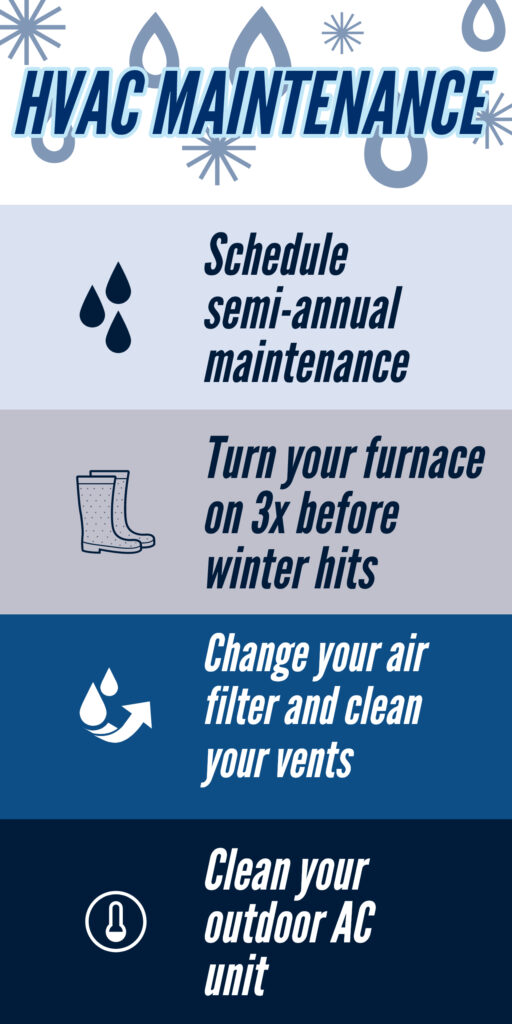
This image is property of manage.eastwoodhomes.com.
Educating Users on HVAC System Safety
In addition to implementing safety measures for your HVAC system, educating users about safety practices is equally important. By raising awareness and providing clear guidelines, you can ensure that everyone in your household understands the importance of HVAC system safety.
Provide Safety Instructions
Share safety instructions and guidelines with all members of your household. Highlight the importance of regular maintenance, identify potential hazards, and explain how to address emergencies. Encourage open communication about any issues or concerns related to HVAC system safety and foster a culture of safety in your home.
Promote Regular Maintenance
Emphasize the significance of regular maintenance for HVAC system safety. Explain the benefits of professional inspections, filter replacements, and cleaning tasks in maintaining a safe and efficient system. Encourage everyone to adhere to maintenance schedules and promptly address any identified issues to prevent potential safety hazards.
Raise Awareness about Potential Hazards
Educate your household about potential hazards associated with HVAC systems to prevent accidents and injuries. Discuss the risks of gas leaks, carbon monoxide poisoning, fire hazards, and electrical safety issues. Encourage open dialogue and provide resources, such as this article or safety brochures, to help everyone understand the importance of HVAC system safety and how to mitigate risks.
By prioritizing safety and following these comprehensive guidelines, you can ensure the long-term effectiveness and safety of your HVAC system. Regular maintenance, proper safety precautions, and educating users contribute to a healthy, comfortable, and hazard-free indoor environment. Remember, your HVAC system’s safety is not only essential for the well-being of your property but also for the protection of those who call it home.


